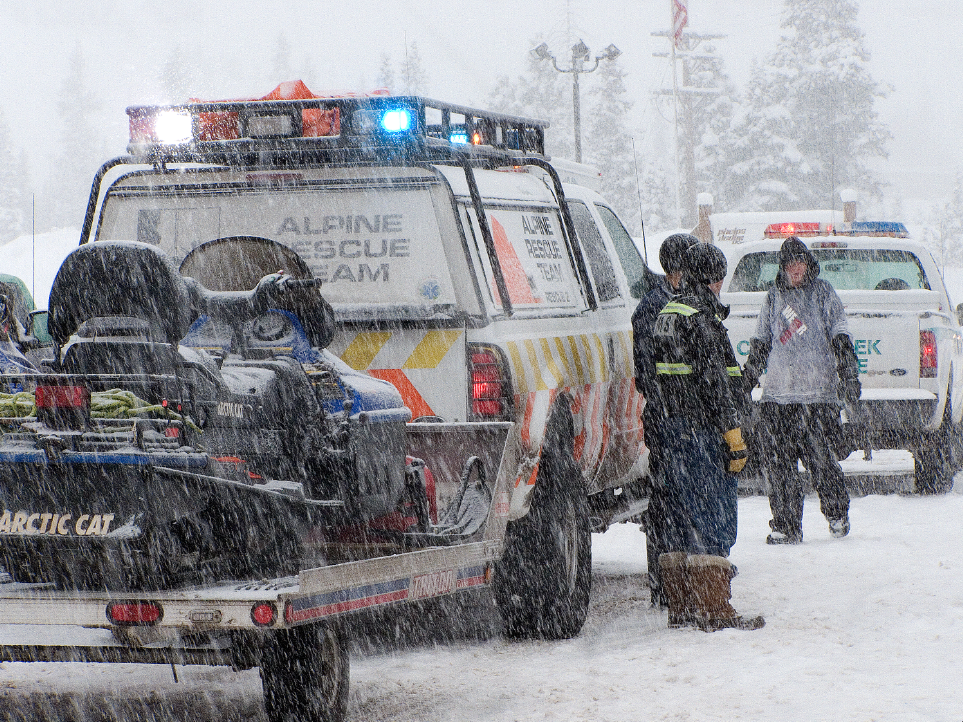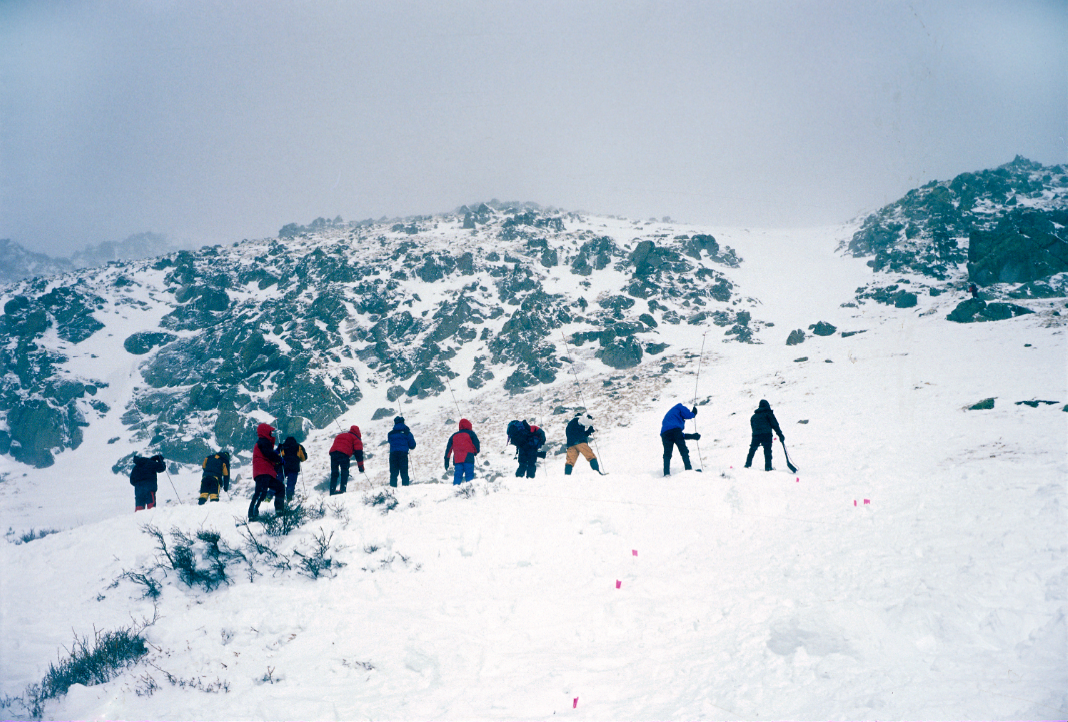News

By Jason Kornfeld, Staff Writer Posted 12 years ago April 10, 2013
Search and Rescue, Public Cost?
This piece is to stimulate discussion and it's not necessarily the view of OpenSnow.com.
Earlier this year, a speed flier wrapped himself around a tree and severely broke his leg in the backcountry near Winter Park. Unable to evacuate the skier, his friends left him wrapped in layers as they went for help. In sub-zero temperatures and darkness, members of Grand County Search and Rescue were called upon to snowshoe over 10 miles in knee to thigh deep snow to save the man. He was successfully extracted by the next morning.
After hearing that story I asked one of the members of the rescue team how much he was paid, and discovered he and the majority of the team were volunteers. Ninety nine percent of SAR members in Colorado are volunteers, and do it as a second job. Further, because many of the communities out of which SAR teams are based have low tax revenue, the majority of the costs are shouldered by the volunteers, as there is not consistent funding. Since the start of the recession, SAR has experienced an even worse budget dilemma, but because of the way teams operate, SAR has been able to continue working efficiently. Nevertheless, a rescue fee should be established to keep SAR teams from operating on small budgets, and to create greater recognition and public responsibility.

Members of the Alpine team prepare for a rescue.Courtesy Colorado Search and Rescue Board © 2007 Howard M. Paul.
Grand County Sheriff Patrol Lieutenant and SAR Liaison Neal Mcquarie, said that although the current system works well, budgeting is constantly a problem.
“In Grand County we’re pretty lucky as we have good support through the local network and the Sheriff’s Office, but I know funding is a big problem in other communities,” Mcquarie said. “Funding of equipment and maintenance is a constant juggling act. Teams are always looking for fundraisers and grants. So you never have a solid base to replace broken or worn out equipment.”
While SAR has operated well thus far, fundraising and grants can only be reliable to a certain point, especially with 40 teams in Colorado servicing a quickly growing population. By putting a small, but affordable price on a rescue, people are investing in their own safety; and, for those that act recklessly and require rescue, this fee can help prevent future negligent behavior.
Currently, the volunteer owns most of the gear used for missions, including rope, harnesses and even snowmobiles, all of which are costly to replace and maintain. Though, some counties have easier access to machines, as the sheriffs department, local outfitters, and the National Guard provide the necessary support. And, if needed, neighboring communities help one another when there is a lack of resources from gear to rescuers. Although a rescue has not yet been prevented due to broken equipment, as budgets shrink the hindrance of missions is a possibility. By creating a small SAR fee it will allow teams to better service and replace equipment, before a policy-changing tragedy occurs.
Even more, SAR largely relies on local fundraising, money or insurance from the county, and state grant funds. The main grants are the Fish and Game License Fund and the Colorado Outdoor Recreation Search and Rescue Card. When, for example, a boating or hunting license is purchased, a small surcharge is added to contribute to the fund. When a rescue card is purchased a portion of the revenue goes into a similar fund. Ultimately, if a SAR team incurs any expense on a mission, these funds serve to reimburse them. However, charitable contributions have significantly decreased as a result of the economic crisis, forcing teams to rely on state grants and strain budgets.
Howard Paul, of the Colorado Search and Rescue Board, also said the current system works, but funding across the state is stretched to a maximum.
“The teams in areas with greater populations have a larger population to draw from for funding,” Paul said. “But, some teams rely on as little as $2,000 per year to pay for gear and training, and it’s not easy.”
Although SAR has been able to operate by relying heavily on a mixture of inconsistent funding options, it’s important for the public to compromise before the impending budget issue becomes a problem. Charging a fixed fee for rescue, roughly a couple hundred dollars would be ideal because it’s not feasible to pay for all the man-hours. People currently pay for an ambulance ride, so it’s reasonable to charge a small fee for a rescue. If a person is willing to pay for an ambulance because they are injured playing, for instance, an intramural sport, how is that any different from paying a SAR fee? Moreover, this should be an amount that does not deter victims from calling 911 because they are fearful of the cost of rescue—a fee that merely demonstrates appreciation for the service, and would allow SAR to generate a more stable form of revenue, and improve service.

Rescuers form a probe line. Courtesy Colorado Search and Rescue Board ©2000 Howard M. Paul.
Lastly, in response to those that believe SAR is a luxury, and therefore, should not be funded with tax dollars, or have a cost, backcountry travelers that find themselves in trouble as a result of reckless or stupid behavior are uncommon for SAR missions, Paul said. Incidences resulting in tragedy or a harrowing story appear prevalent because they receive media coverage. The majority of missions occur during the summer, and involve a hiker with a twisted ankle or a hunter thrown from his horse.
Fortunately, for now, volunteers don’t view the job as a burden and are happy to remain a contingency for backcountry enthusiasts. But, volunteers can only cover so much of the cost. As long as the outdoors remains a way of life for many Coloradan’s, people will need to shoulder some accountability by not just simply being prepared for the environment, but also financially. As a result, it’s important to find a middle ground between money and idealism to solve this budget issue and demonstrate appreciation for SAR.
What do you think?
About The Author




